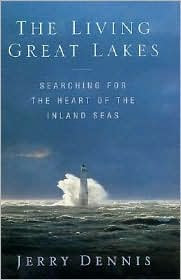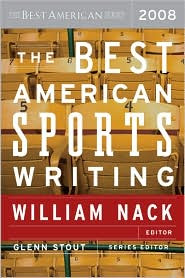
*****
Rick Atkinson
Such and interesting book and story. This has to be one of the best peeks into the US Army ever, all the way from West Point '66 to Grenada. By following a number of key individuals all the way from '66 to '87 or so Atkinson was able to put together a story as wide and sweeping as the era, doing justice to the men, the times, and the Army as institution. The stories are so human and gripping, the characters truly diverse and human, that you come away very moved by what the Vietnam war did to that class of boys, to the army, and to the nation.









